The Canadian Immigration Lawyers Association supports some elements of today’s border plan announcement by the Government of Canada but wishes to draw attention to some of the challenges associated with the new plan.
Media: Complete this form if you wish to interview CILA.
The views of this statement do not necessarily reflect those of all CILA members.
CILA remains supportive of ongoing efforts by the federal government to strengthen border security. A strong border is essential to preserving the integrity of Canada’s immigration system and the public confidence of Canadians. Without public support, it is challenging for the federal government to continue welcoming newcomers to strengthen the economy, reunite families, and provide humanitarian assistance.
CILA also acknowledges the pressures experienced by IRCC and the CBSA due to high volumes of applications. Reform is needed to manage these volumes to support a fair, efficient, accessible, and humane immigration system.
Ending flagpoling will not address underlying immigration system challenges
CILA emphasizes the need to retain flagpoling–where applicants briefly exit and re-enter Canada to expedite application processing at a POE–as a viable option to address urgent visa matters. Flagpoling remains critical for certain applicants, including those requiring urgent status updates, confirming permanent resident status, and ineligible to apply inland under current regulations.
Systemic delays in inland processing by IRCC are a key driver of flagpoling. CILA recommends allocating additional resources to improve processing times and exploring expedited inland options, such as a premium service, to accommodate urgent cases without impacting standard processing.
CILA encourages IRCC and Public Safety to prioritize fairness, accessibility, and efficiency in any policy changes. Reducing inland processing delays while maintaining flexible options like flagpoling is key to sustaining high-quality immigration services. Collaborative efforts and strategic resource allocation will ensure a balanced approach to managing border operations while upholding the rights of applicants and Canada’s immigration standards.
CILA does not support cancelling and returning applications “when it is in the public interest”
Canada’s Immigration Minister also announced today the federal government would propose legislative reform to be able to cancel and return applications “when it is in the public interest.” In it’s news release following the announcement, the federal government explains it wishes to “amend the Immigration and Refugee Protection Act to secure and extend new authorities to cancel, change or suspend immigration documents and to cancel, suspend or stop accepting new applications, which would give Canada greater control over its immigration documents to protect Canadians and public resources.”
CILA strongly opposes such changes for several reasons. At a time when client-experience is at an all-time low while uncertainty is at an all-time high, introducing this amendment would further undermine the client experience and certainty for visa applicants. By giving itself such authority, IRCC would hurt Canada’s attractiveness to global talent, and also undermine efforts to reunite families and provide humanitarian assistance. This measure would also reduce accountability for the federal government as it would have less incentive to process applications in a timely manner. Since the pandemic, IRCC has struggled to achieve its service standards for various lines of business; implementing this amendment would now allow IRCC to simply cancel applications anytime the department feels it has lost control of its inventory.
A better solution would be for IRCC to improve the efficiency of its application processing. Technological reform is desperately needed to provide visa applicants with a streamlined and modernized experience. In addition, IRCC can introduce reforms to reduce the need for its clients to submit multiple applications that are often redundant and unnecessarily increase volumes for the department and stress for visa applicants.
IRCC also has the ability to throttle applications, so it should not be penalizing applicants for its backlogs. Under Express Entry, for example, only those who receive an invitation to apply from IRCC can submit a permanent residence application. Other examples include the Parents and Grandparents Program and the International Experience Canada Program. Managing the inflow of applications is far more desirable than soliciting applications and then summarily cancelling them.
CILA strongly encourages the federal government to carefully consider other ways to process applications more efficiently, manage inventories, and detect fraud. The benefits of the federal government being able to cancel applications are likely to be significantly outweighed by the shortcomings of such a policy.



